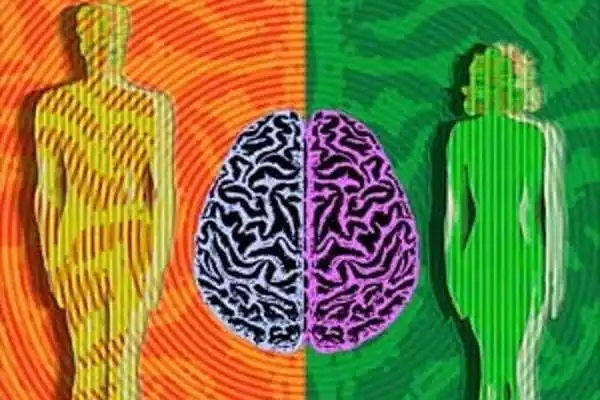Many people assume that men and women are so unlike that knowing one another is nearly impossible. Researchers have attempted to determine how much truth is contained in these widely held ideas. Surprisingly, the conclusions of their investigations and meta-analyses frequently contradict popular assumption. Continue reading to find out where men and women vary and where they don’t.
Using two independent validated scales, researchers examined gender differences in wisdom and discovered that, in general, women scored better on compassion-related questions and self-reflection, while men scored higher on cognitive-related items and emotional control.
Previous research has found that wisdom is a personality quality that supports mental health and well-being. Researchers at the University of California San Diego School of Medicine recently examined gender variations in wisdom using two separate validated instruments.
The study, which was published in the online edition of Frontiers in Psychology, looked at gender variations in wisdom and related categories such as despair, loneliness, well-being, optimism, and resilience.
We wanted to learn about potential differences in wisdom between men and women that could impact well-being. We discovered that men and women have differing relative strengths in wisdom, which is likely due to both social and biological factors.
Dilip V. Jeste
Six hundred fifty-nine community-based volunteers, ranging in age from 27 to 103, took part in the study and completed both the San Diego Wisdom Scale (SD-WISE) and the 3-Dimensional Wisdom Scale (3D-WS). The SD-WISE contains 24 measures that are related to six distinct components of wisdom: pro-social behaviors (empathy and compassion), emotional regulation, self-reflection, acceptance of uncertainty and diversity of opinions, decisiveness, and social advice. The 3D-WS has 39 items that address three dimensions of wisdom: cognitive, affective or compassionate, and reflective.
Men and women have biologically distinct characteristics. True. Their biological variances result in significant physical and mental differences. True? No, not always. Women are more emotional than men, less aggressive, less mathematically gifted, and less physically robust. All of these are scientifically established truths, yet they are widely believed to be greatly overstated.
Women scored higher on compassion-related questions and self-reflection, while males scored higher on cognitive-related things and emotional regulation, according to the study. The total 3-D-WS score was greater in women than in men, but there was no gender difference in the total SD-WISE score. Wisdom was connected with higher levels of mental well-being, optimism, and resilience in both men and women, as well as lower levels of depression and loneliness.

“We wanted to learn about potential differences in wisdom between men and women that could impact the well-being,” said senior author Dilip V. Jeste, MD, senior associate dean for the Center of Healthy Aging and Distinguished Professor of Psychiatry and Neurosciences at the University of California, San Diego. “We discovered that men and women have different relative strengths in wisdom, which is likely due to both social and biological factors.”
“Our most recent discoveries are simply a piece of the puzzle. There are numerous methods to living a sensible life. People approach wisdom in different ways, and examining gender differences is one way to assess those potential differences” Emily Treichler, Ph.D., is the study’s first author and an assistant professor in the Department of Psychiatry at UC San Diego School of Medicine, as well as a research psychologist at the Desert Pacific Mental Illness Research, Education, and Clinical Center (MIRECC) at the VA San Diego Healthcare System.
“Individuals and society benefit from greater knowledge of wisdom and how to improve it. Other research has found that suitable psycho-social and behavioral treatments can raise the levels of some components of wisdom, such as empathy/compassion and emotional control. Studies like ours could help customize wisdom therapies to individuals based on their unique qualities.”
The study’s limitations, according to the researchers, were: It was a cross-sectional study as opposed to a longitudinal one. It also did not examine non-binary people’s wisdom profiles or ask people if they identify as transgender, which should be one of the next steps.
“More work needs to be done,” Jeste said, “but we can take what we’ve learned and apply it to future studies to make the results accessible to diverse groups, with the ultimate goal of promoting better lives.”
According to research and meta-analysis, women are not significantly better at verbal skills than males, while men are not significantly better at math. Following meta-analyses of 40 research, the effect size of verbal skills was just over zero, whereas math was a more difficult scenario. Men outperformed women in math problem solving, but women outperformed men in math computations. Overall, the differences were negligible.















